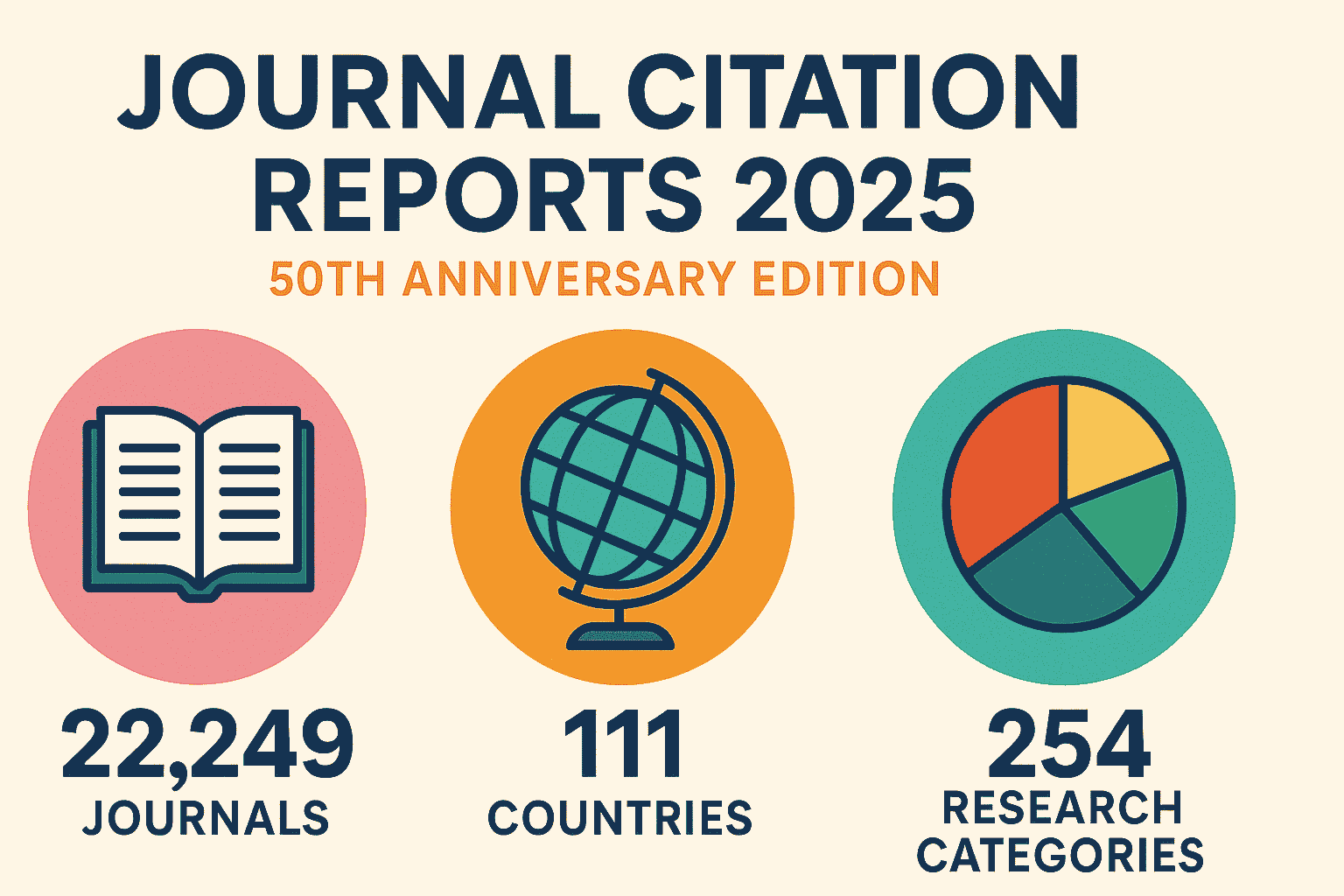Biochemists uncover new rules of mitochondrial protein import – New Study/Science Updates
Mitochondria are cellular organelles that play an important role in making ATP (adenosine triphosphate), the molecular fuel that powers most cellular functions. These organelles originated over a billion years ago when a primitive archaeal cell entered into a symbiotic relationship with an ancestral bacterium. Over time, mitochondria became essential for metabolism and energy production, while transferring most of their genes to the host. As a result, they now rely on the host cell to supply most of their proteins, which are synthesized by ribosomes outside the organelle and must be properly delivered to mitochondria.
Summary
Mitochondria are organelles responsible for producing ATP, the cell’s primary energy source. They evolved from an ancient symbiotic relationship between an archaeal cell and a bacterium. While crucial for energy production, mitochondria have transferred most of their genes to the host cell’s nucleus. Consequently, they depend on the host for the majority of their proteins, which are synthesized externally and then transported into the mitochondria. This intricate process highlights the evolutionary integration of mitochondria and their dependence on the host cell for survival and function.
Read more…
This post is part of “Science and Technology News”, Follow for more…!!!
Credits: Source
Disclaimer








